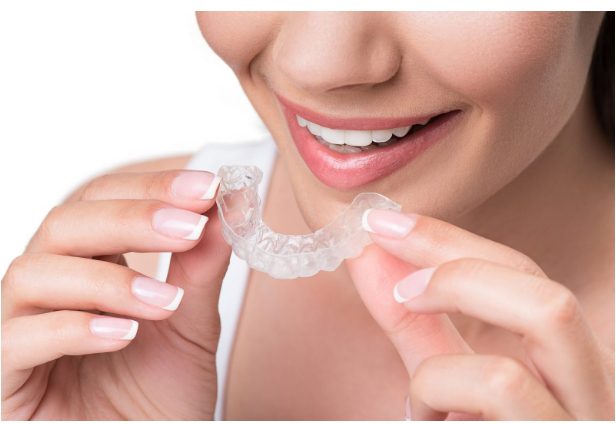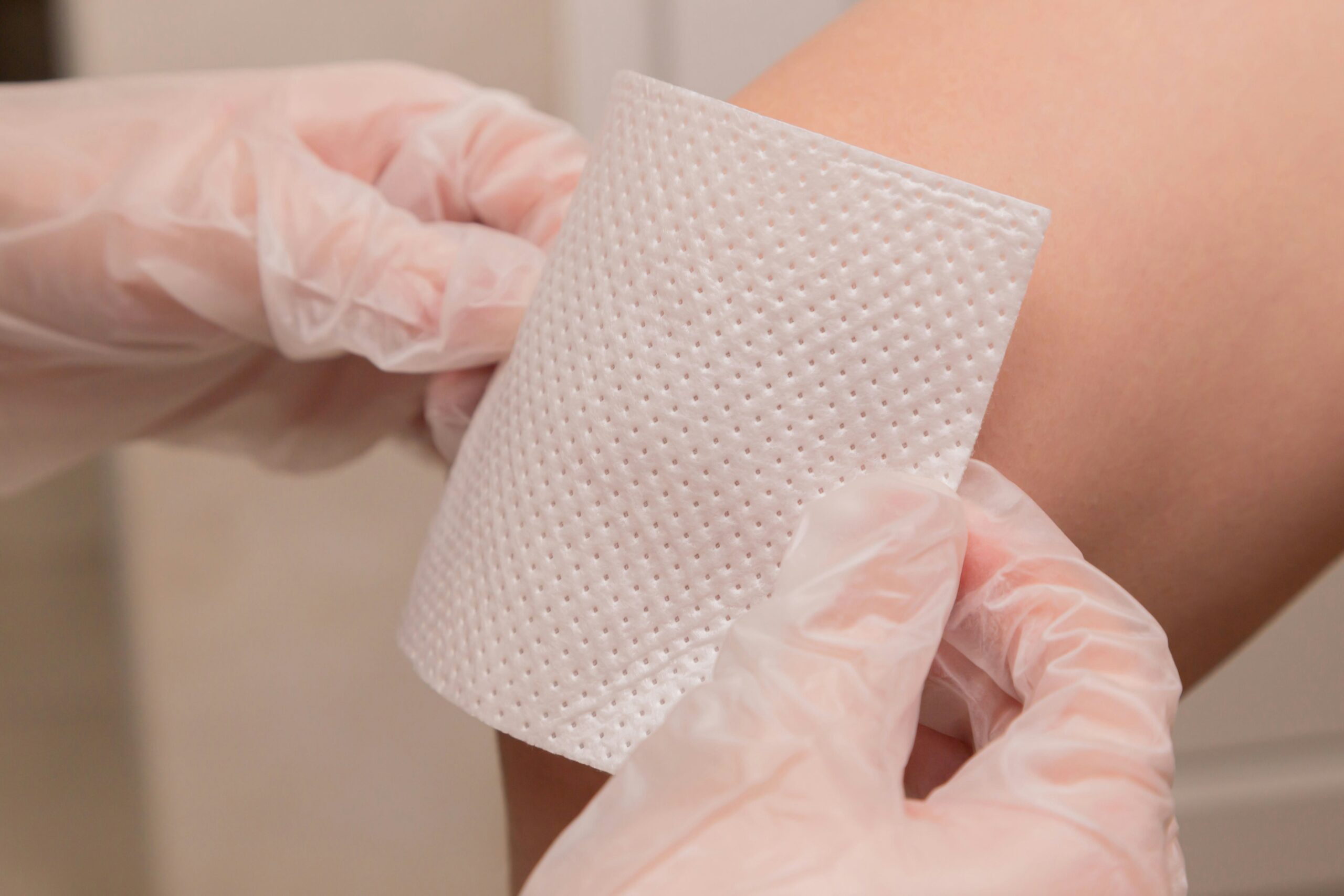Tossing and turning? Waking up with headaches every morning? Maybe your neck and jaw hurt, and you don’t know why? If any of those symptoms sound familiar, you could be grinding your teeth in your sleep.
This condition is called bruxism, and it’s extremely common. In fact, about one in ten adults and many more children experience teeth grinding and jaw clenching at some time in their lives.
While it doesn’t necessarily sound harmful, long-term bruxing can lead to serious damage, including difficulty sleeping, headaches, and muscle pain. But if you can catch the problem before it’s too far gone, you may be able to fix those symptoms with a night guard.
What’s a night guard, and why would you benefit from using one? We’ll share the top three benefits of using this dental appliance here.

1. Protects Your Teeth From Damage
Bruxism is characterized by tight jaws and damaged teeth. These issues occur because when you’re sleeping, your jaw clenches tightly. When it does, your upper and lower teeth start grinding together, slowly wearing away at the enamel.
Since you’re sleeping, you don’t realize you’re doing it, and your jaw gets away with some pretty heavy-duty clenching action. Not quite alligator-strength, but strong enough for you to lose enamel, which leads to teeth sensitivity, decay, and tooth loss.
This gets worse if you already have fillings. Grinding will damage those, and you’ll need to have them fixed by the dentist. Some people grind so hard that they actually chip or break a tooth!
Wearing a night guard consistently prevents the upper and lower teeth from touching. Without that traction, your jaw can’t clench, and your teeth can’t grind. Over time, you’ll notice a decrease in your discomfort, and your teeth will stay strong and healthy.
2. Reduces Symptoms of Jaw Discomfort
A tiny little body part causes the movement of your jaw called the temporomandibular joint (TMJ). It’s a very delicate piece of equipment that can easily get displaced. When you brux, it overworks the joint, causing inflammation and displacement.
Tiny but mighty, this joint is connected to other upper body muscles, including the neck and shoulders. When the TMJ is out of place, the interconnected network of muscles hurts, too.
If you have a short-term TMJ displacement, letting the joint relax with the help of a night guard can fix the problem. This isn’t to be confused with a TMJ disorder.
Long-term TMJ issues need the care of a specialist, who may recommend a special device called an NTI-tss. Unlike the night guard, which prevents damage but doesn’t stop the problem, the NTI-tss is designed to resolve TMJ issues. You can read more about NTI night guard comparisons here.
3. Improves Your Sleep
Have you been struggling to feel rested? Even if you sleep through the night, the discomfort caused by your jaw’s clenching and grinding isn’t very restful. A night guard stops the behavior, giving you the chance to catch up on those much-needed z’s.
Not only does the grinding hurt, but the actions create tension in your muscles that brings on headaches and tooth pain. The discomfort might not be enough to wake you up, but your brain notices it, and it distracts you from getting restful slumber.
Wearing a night guard gives your body and brain a break from the constant grinding and clenching. You can move in and out of sleep cycles normally, rebuilding healthy sleep patterns necessary for your overall wellness.
Even better for your partner, night guards may decrease that symptom if you snore. Clenched jaws don’t leave enough of an airway open to breathe regularly, which causes snoring.
The night guard keeps your jaws separated and lets oxygen into the airway. However, if you have a sleep disorder like sleep apnea, talk to your doctor before trying a night guard. There are devices designed especially for those types of conditions.
The whole cycle works wonders for your body and mind from the time you fall asleep until you wake up. You’ll feel less discomfort, wake up refreshed, and gradually lose much of the pain caused by your bruxing behaviors.
Conclusion
Whether your dentist recommended a mouth night guard or you’re considering one as a self-prescribed solution, it could be the easy answer to your problems. Remember, if you have a sleep or TMJ disorder, you should talk to your doctor before using any oral appliance to prevent further damage.
But for those who want to get rid of the symptoms of bruxing, the advantages of a night guard are worth giving a shot!



